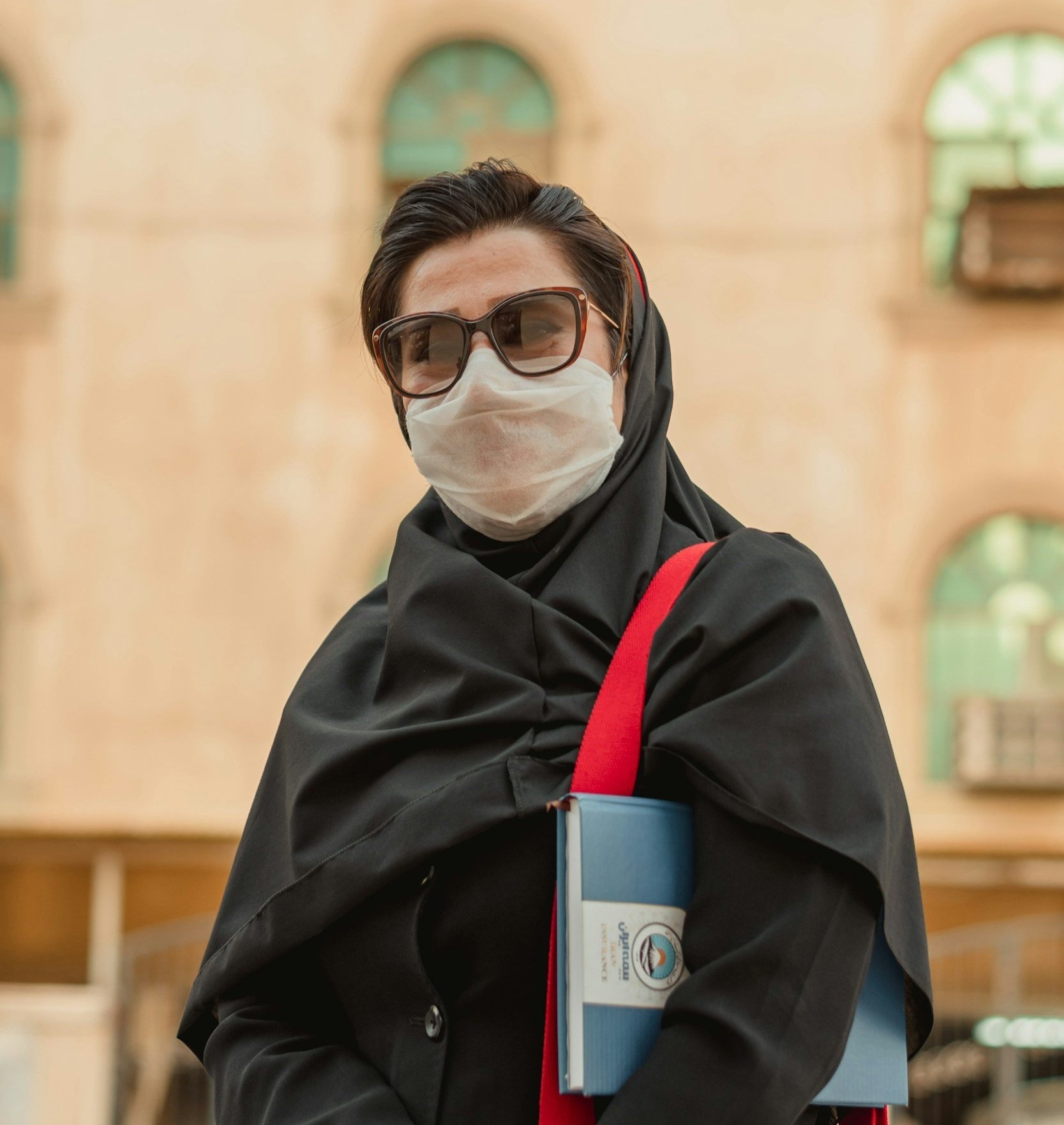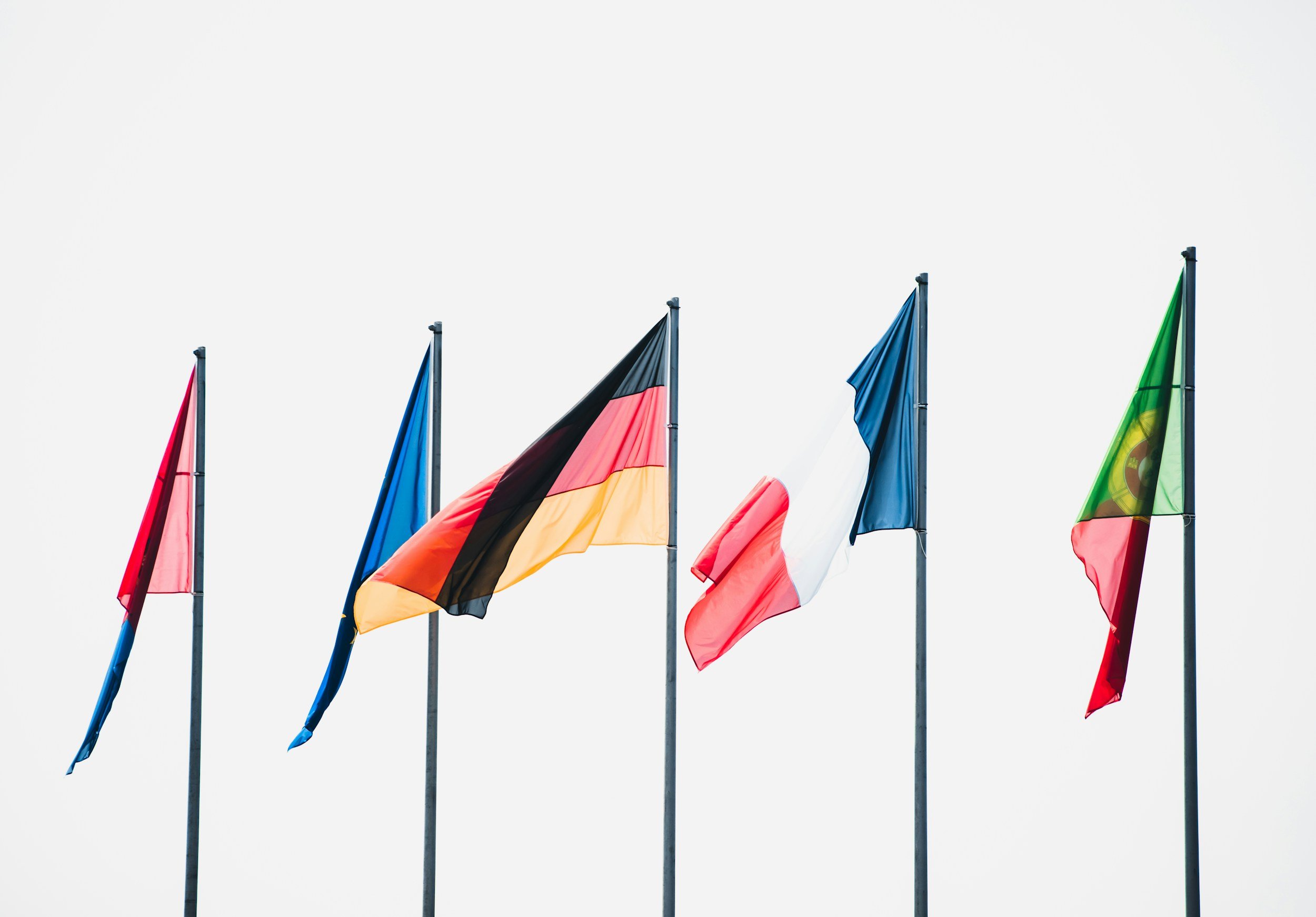Paris Peace Forum 2024: Navigating a Divided World Towards a Functional Global Order
Image Source: Paris Peace Forum
As the world grapples with increasing divisions and geopolitical tensions, the 7th Paris Peace Forum convened at the historic Palais de Chaillot and various locations across Paris. Under the banner “Wanted: A Functioning Global Order”, the Forum brought together global leaders, policymakers, and civil society representatives to address critical challenges ranging from climate change and digital governance to inequality and conflict resolution.
[Read More: AI Takes Center Stage at the Paris Olympics: Google Transforms the Broadcast Experience]
Impact of Donald Trump’s Re-Election on Global Dynamics
The re-election of Donald Trump has once again shifted the global landscape, introducing new uncertainties just days after the U.S. vote. Dr. Justin Vaïsse, Director-General of the Paris Peace Forum, emphasized that Trump’s influence underscores the necessity for multilateralism in an era marked by US-China tensions and ongoing conflicts in regions like the Middle East, Ukraine, and Sudan. "For multilateralism to survive in the second age of Trump, we must regroup and convene all the actors who stand for coordination and cooperation", Vaïsse stated.
[Read More: U.S. Unveils Strategic AI Memo to Counter China, Boost National Security and Innovation]
Key Themes: Geopolitics, Climate Change, and Digital Governance
The Forum's agenda was comprehensive, featuring dedicated sessions on pivotal issues:
Geopolitical Tensions: Discussions centered on the war in Ukraine, conflicts in the Middle East and Sudan, and the shifting perspectives of global powers like China post-US elections.
Climate Change: Over a dozen sessions focused on climate action, highlighting the urgent need for sustainable policies and international cooperation to mitigate environmental degradation.
Digital Governance: The governance of artificial intelligence was a major focus, with extensive dialogue on ensuring equitable access for the Global South and fostering voluntary commitments from AI frontier companies.
Fabienne Hara, Deputy Director-General, highlighted the Forum’s progress on “bread-and-butter” policy issues related to global public goods and the foundational work needed for sustainable peace over the next five decades.
Artificial Intelligence: Governance and Global South Access
Artificial intelligence dominated the Forum’s discussions, reflecting its growing significance in global governance. More than ten sessions delved into AI’s role in addressing societal challenges, emphasizing the importance of making AI accessible to the Global South. Initiatives like the AI Action Summit, scheduled for February 2025 in Paris, aim to showcase top AI projects that contribute to global good.
[Read More: Liquid Cooling Takes Center Stage as AI Demands Soar Data Center Efficiency]
Scaling Up Civil Society Initiatives
Continuing its seven-year tradition, the Paris Peace Forum’s Scale-Up Program selected ten new civil society projects for support. These projects, ranging from AI-driven biodiversity protection in Latin America to decentralized energy solutions in Africa, demonstrate the Forum’s commitment to fostering grassroots initiatives that address diverse global challenges. Notably, the project "Dalil" from Lebanon has been selected for a second year, marking a first in the program’s history.
Key projects include:
AI for Climate and Biodiversity (C Minds): Integrates AI with Indigenous practices to safeguard biodiversity in South America.
Tespack Smart Mobile Micro-Grid (Tespack): Provides solar-powered energy and internet to remote African regions.
Community & Livelihood Support in Afghanistan (Uplift Afghanistan Fund): Offers humanitarian aid and economic support to vulnerable populations in South Asia.
These initiatives received financial backing from longstanding partners like Postcode Lottery, ensuring sustained support and development.
[Read More: Advancing Towards a Responsible AI Future in Defence]
Countdown to the AI Action Summit 2025
The Forum is gearing up for the AI Action Summit scheduled for February 10-11, 2025. With 770 submissions from 111 countries, the summit will feature the top 50 AI projects selected by experts. This event aims to highlight AI’s potential in addressing global challenges and promote collaborative efforts towards “AI for Good”.
[Read More: Do you know the ESG aspect of AI?]
Africa-Focused Initiatives: ATLAS and Transition Minerals
Growing the ATLAS Initiative for Agriculture
Launched in Benguerir, Morocco, the Agricultural Transitions Lab for African Solutions (ATLAS) is a pivotal platform for policy dialogue between the Global North and South. ATLAS advocates for sustainable agricultural transformation in Africa, emphasizing the integration of agriculture and climate strategies. The introduction of the Investment Barometer will track investments in African agriculture, addressing the critical financing gap and supporting the ambitious “2x30 Challenge” to double investments by 2030.
Securing Responsible Transition Minerals
The Forum also saw the establishment of the Global Council for Responsible Transition Minerals, comprising high-profile figures like former EU Climate Commissioner Connie Hedegaard and former Chile Mines Minister Jobet Juan Carlos. The Council’s recommendations focus on global cooperation to secure responsible mineral supply chains essential for the energy transition, addressing financial, geopolitical, and environmental challenges. These guidelines will be presented at COP29, reinforcing the commitment to sustainable mineral governance.
[Read More: AI on the Farm: Bayer’s New Frontier in the War Against Weeds]
Addressing Global Malnutrition: Pathways to the N4G Summit
In anticipation of the 2025 Nutrition for Growth (N4G) Summit, an Independent Expert Group on Nutrition presented transformative recommendations to elevate global nutrition as a priority. Led by Shawn Baker of Helen Keller International, the group highlighted the economic benefits of investing in nutrition, advocating for a comprehensive systems approach that integrates agrifood, health, education, and social protection sectors. The upcoming summit aims to secure political and financial commitments to combat malnutrition worldwide.
Expanding the Forum’s Reach Across Paris
The Paris Peace Forum extended its reach beyond the Palais de Chaillot, hosting thematic events across the city on November 12. Partner organizations facilitated discussions on critical issues such as nutrition, agriculture, cyberspace, and critical mineral management. These events aimed to engage a broader audience and showcase scalable initiatives in climate change, digital governance, and peacebuilding.
[Read More: Rewriting Earth's History: AI Uncovers Ancient Secrets of Plate Tectonics]
About the Paris Peace Forum
Established in March 2018, the Paris Peace Forum is a French non-profit organization dedicated to addressing global governance challenges through multilateral cooperation. The inaugural Forum took place from November 11 to 13, 2018, at the Grande Halle de La Villette in Paris, coinciding with the centenary of the Armistice Day commemorations. This event brought together 65 heads of state and government, including French President Emmanuel Macron, German Chancellor Angela Merkel, and United Nations Secretary-General António Guterres, alongside representatives from 106 countries and 10 international organizations.
Since its inception, the Forum has convened annually in November, serving as a platform for world leaders, international organizations, civil society, and the private sector to collaborate on innovative solutions to global issues. Over the years, the Forum has showcased and supported more than 500 projects addressing challenges such as climate change, digital governance, and conflict resolution.
[Read More: Above the Danger: How AI-Enhanced Drones Are Transforming Landmine Detection]
Source: Paris Peace Forum
















